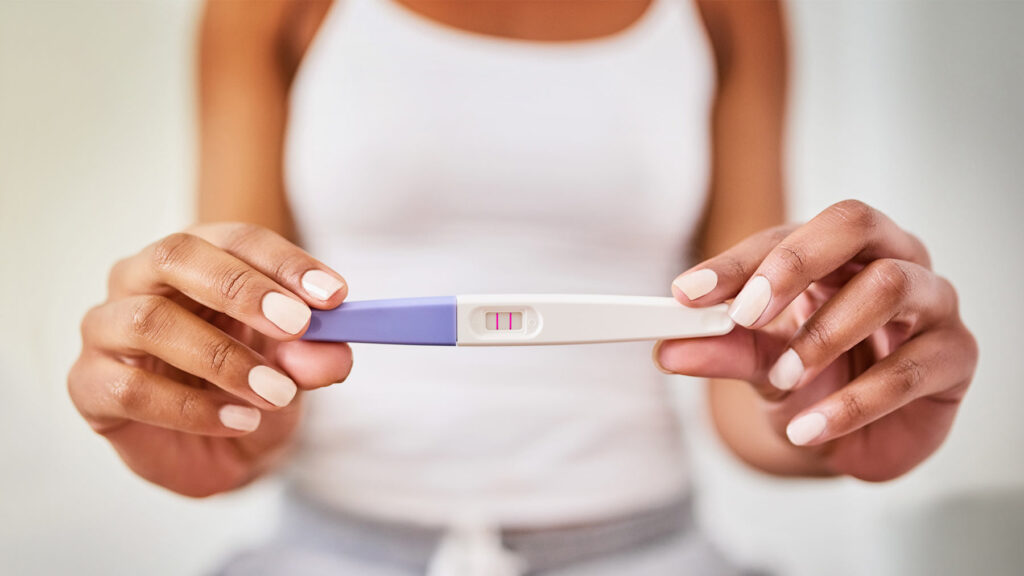Most women take a pregnancy test at least once in their lifetime. It is estimated that most women will have tested positive for pregnancy at least once by the time they reach forty-five years of age. For the vast majority of women who do test, though, it is not until they actually visit a gynecologist to have a checkup or when their doctor suggests an ultrasound to determine whether they may be pregnant. Here are the facts about when you should take a pregnancy test.
Some at-home pregnancy test kits say that they can tell whether you are pregnant up to five days ahead of your next period. So how can they do that? At-home pregnancy test kits use the hormone progesterone to detect pregnancy, and some of them are more sensitive to progesterone than others. One way of evaluating the sensitivity of the test is to read a pregnancy test from the box out loud. If it doesn’t react in a positive way after a few seconds, the kit isn’t sensitive enough.
Two of the most commonly used home pregnancy tests are the urine tests and the hcg test. Urine tests look for HCG levels that are higher than normal in a woman who is pregnant. The big test looks for HCG levels in the urine, which are lower than normal. Many women take the urine tests because they are cheaper than the big tests, but there are a couple of things you need to remember. First, hcg can sometimes falsely show a false positive for pregnancy when you really don’t have a positive pregnancy test.
It’s easy to tell the difference between true positive and false positive pregnancy tests by looking at the color chart on the pregnancy test. If the test shows colors which are consistently the same, it is a false positive. However, if the colors are different, such as pink or purple, it is more likely that you are pregnant. False positive results happen frequently, so it is important that you confirm your pregnancy with a regular home pregnancy test.
You can also choose to get tested at a local planned parenthood health center instead of at your local pharmacy. A local planned parenthood health center has some advantage over pharmacy tested pregnancy tests because the staff can look at your health history and tell whether or not you are pregnant. This is a big advantage over health centers which do not have the expertise to do this kind of thing. There is no way to predict when you might be pregnant. Your chances of becoming pregnant increase with age. Most people who become pregnant at young ages and have uneventful pregnancies tend to have children of their own, while people who get pregnant later in life and have more complex histories tend to have trouble conceiving.
False negatives are very rare. Many tests only find high levels, which does not always mean that you are pregnant. Other tests such as an hcg kit, home pregnancy tests, urine hcg test, or an ovulation kit can also detect pregnancy. These kits are not usually necessary at all clinics. There are plenty of local Planned Parenthood health centers that offer these tests.




